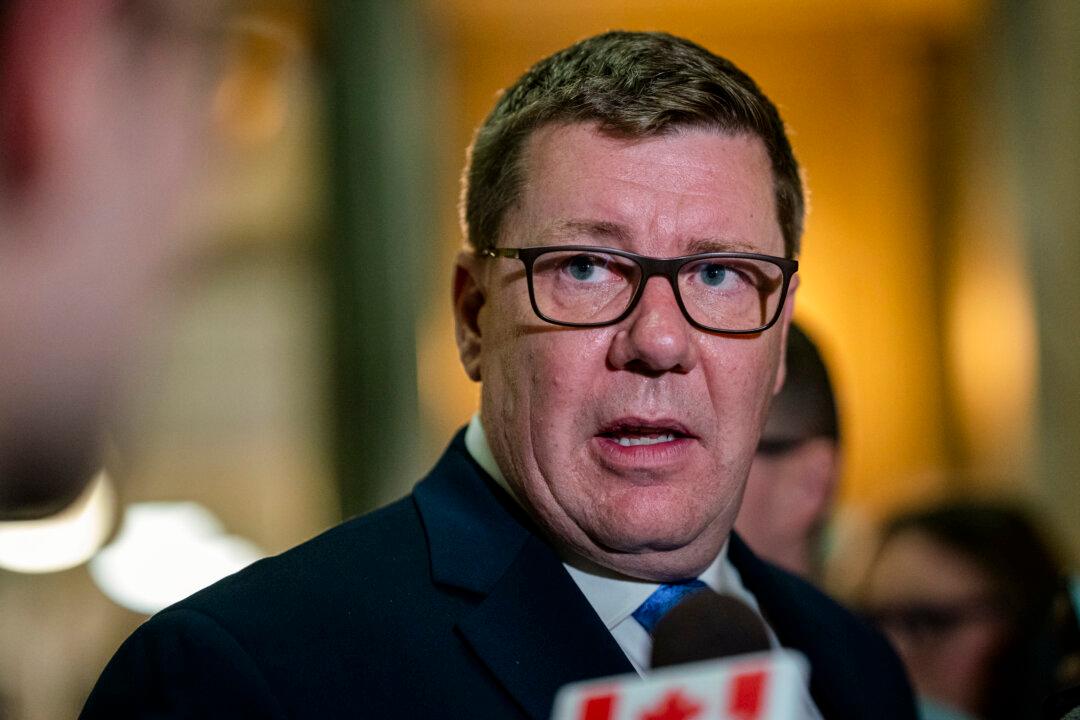Saskatchewan’s rate of inflation has dropped to 1.7 percent, a feat Premier Scott Moe is attributing to his government’s decision to remove the carbon tax on home heating costs.
Mr. Moe took to social media on March 19 to announce the change, saying inflation in Saskatchewan is now more than a full point lower than the national rate of 2.8 percent.





